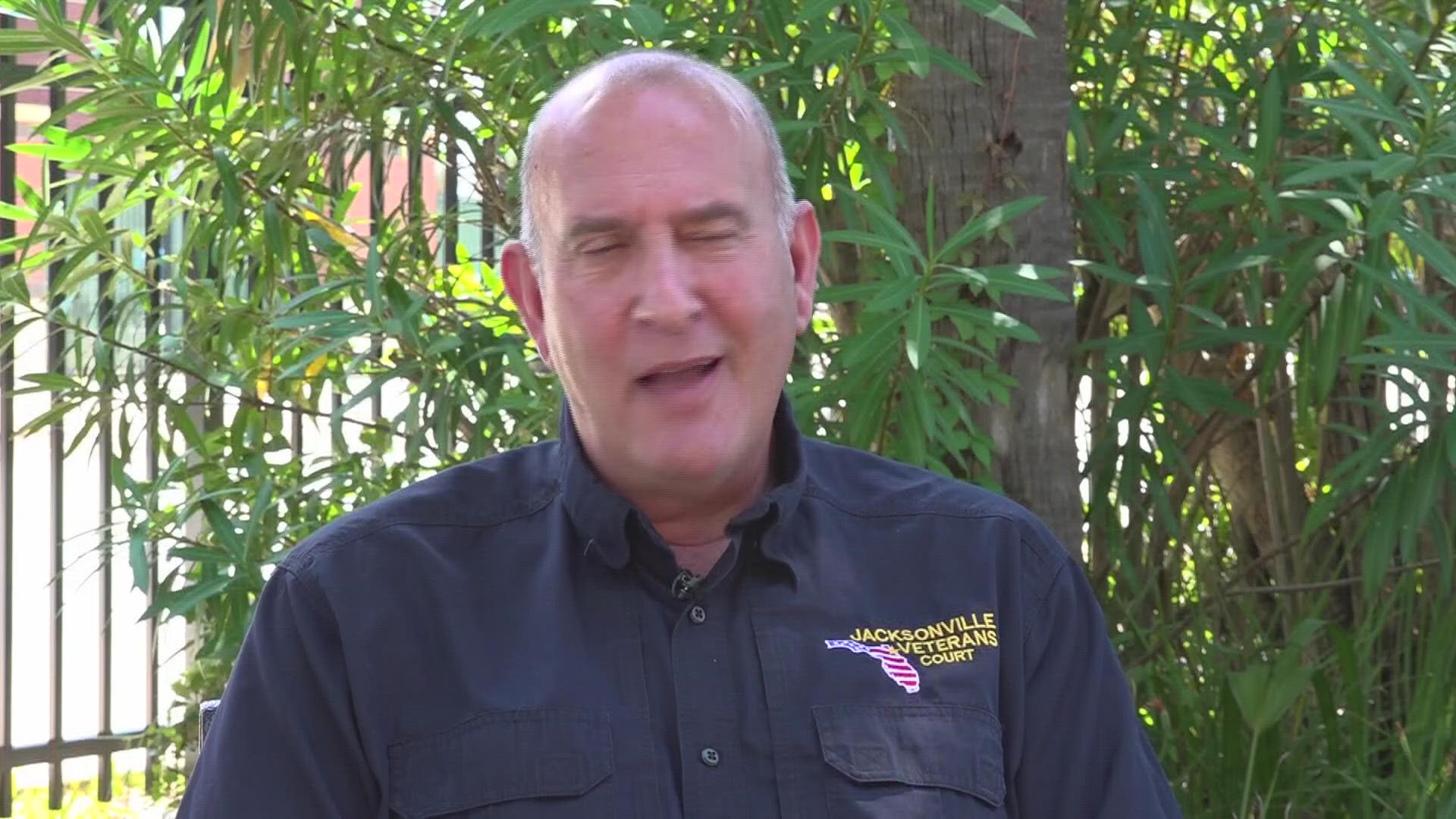JACKSONVILLE, Fla. — For veterans with PTSD, fireworks can trigger anxiety and even physical reactions, leaving many to wonder how they can make their fourth of July celebrations enjoyable for everyone on the First Coast: including our military veterans.
“Today, Independence Day, I've gotten calls from 10 of our veterans," David Abramowitz, Retired COL USA Aviation, said.
David Abramowitz spent 31 years in the military, deploying 5 times in countries throughout Europe and the Middle East. He now volunteers as a counselor, helping other veterans with things like mental health disorders and PTSD
“Many, many of our, our service members have come back from some of these deployments with mental health challenges. They didn't have that before they deployed," Abramowitz said.
“You have to have great awareness at any time during a combat situation. And normally, loud noises are not good for you… And so when you hear fireworks and loud noises, sometimes you can associate those sounds with previous actions, things maybe you had to do in a combat situation," Michael Fleming, the Outreach Director at the Cohen Military family clinic at Centerstone in Jacksonville, said.
Micheal Fleming, a veteran and leader with the Cohen Military Family Clinic at Centerstone in Jacksonville says unexpected fireworks can cause physical reactions in PTSD patients.
He says a little support can go a long way in preventing bad reactions.
“I would just recommend if you have a veteran in your family or in your group, you just ask them what makes them comfortable, because that's really all we want," Fleming said.
Residents are strongly encouraged to give their veteran neighbors a heads up if they plan to light off fireworks in the neighborhood.
You can leave a flyer in your neighbor mailbox or porch listing what time. Also try to set off fireworks in the same time period, not intermittently throughout the night and before midnight if possible.

